Experiential Learning: The Foundation of Holistic Education
Educational tours represent a transformative approach to learning that extends far beyond textbook knowledge, offering young children invaluable opportunities to engage with the world around them in meaningful ways. The Gaudium School recently demonstrated this commitment to holistic education by organizing an enriching trip to Goa for Grade 4 and 5 students—an exciting journey that beautifully blended exploration, learning, and fun. Such experiences are crucial during these formative years, as they help children develop critical thinking skills, foster curiosity about diverse subjects, and build confidence through real-world interactions. When students step outside the familiar walls of their classrooms, they encounter learning situations that require them to observe, question, analyze, and synthesize information independently. This hands-on approach creates lasting neural connections that passive learning simply cannot match, making educational tours an essential component of modern pedagogy that prepares children not just academically, but also socially and emotionally for the complexities of life ahead.
The Multi-Sensory Learning Experience: How Children Absorb Knowledge Through Travel
During this immersive Goa expedition, students engaged in multi-sensory learning experiences that activated different cognitive pathways simultaneously, dramatically enhancing retention and understanding. At the spice plantation, they didn’t merely read about agricultural practices—they touched, smelled, observed, and experienced the fascinating world of spices firsthand, learning how these plants are grown, harvested, and utilized for their medicinal and culinary value. This hands-on learning allowed students to observe real-life agricultural practices and forge meaningful connections between classroom lessons and the natural world. Young children learn most effectively when they can manipulate, explore, and discover concepts through direct experience rather than abstract instruction. The trip’s interdisciplinary approach enriched this learning further: in science, students discovered plant life cycles, the intricate process of photosynthesis, and sustainable organic farming methods; in social studies, they explored the captivating history of the spice trade, understanding cultural exchange and its profound impact on colonial influence; and in geography, they observed Goa’s distinctive coastal geography and comprehended how it shapes both agriculture and daily life in the region.
Cultural Immersion and Heritage Appreciation: Building Global Citizens
The carefully curated itinerary provided students with rich opportunities to explore Goa’s cultural tapestry and historical significance, fostering an appreciation for heritage that textbooks alone cannot instill. Visits to the magnificent Churches of Old Goa—including the Basilica of Bom Jesus and Se Cathedral—transported students back through centuries of history, allowing them to witness architectural grandeur while understanding the region’s colonial past and religious influences. At Fort Aguada, they explored military history and strategic coastal defense systems, while the Naval Aviation Museum offered insights into India’s maritime defense capabilities and technological advancement. These experiences taught children that history isn’t merely a collection of dates and events, but rather living stories that shaped the world they inhabit today. The boat cruise on River Mandovi and visits to Baga and Calangute Beaches connected students to Goa’s vibrant culture and diverse ecosystems, demonstrating how geography influences lifestyle, economy, and community development. Such real-world connections help young learners develop cultural sensitivity, global awareness, and respect for diversity—qualities essential for tomorrow’s citizens.
Creative Expression and Personal Growth: Life Skills Beyond Academics
Educational tours uniquely nurture creative expression and personal development in ways that structured classroom environments cannot replicate. Throughout the Goa journey, students were encouraged to capture their experiences through various artistic mediums—including art, journaling, and traditional Goan crafts—allowing them to process and internalize their observations while developing individual perspectives. This creative documentation transforms passive sightseeing into active learning, as children reflect on what they’ve witnessed, articulate their thoughts, and express emotions through different channels. Beyond academic learning, such trips cultivate crucial life skills including independence, adaptability, problem-solving, and social collaboration. Living away from home, even briefly, teaches children self-reliance, time management, and personal responsibility. They learn to navigate new environments, interact with unfamiliar people, and work cooperatively with peers in non-academic settings. These experiences build resilience and confidence that become foundational for future challenges, whether academic, professional, or personal.
The Lasting Impact: Creating Curious, Confident Learners
This immersive Goa experience fostered curiosity, collaboration, creativity, and critical thinking—the four pillars of 21st-century education—giving students invaluable life lessons and unforgettable memories that will influence their learning journey for years to come. The beauty of educational tours lies not just in what children learn during the trip, but in how these experiences ignite lifelong passions and shape their approach to learning itself. Students return from such journeys with broadened perspectives, enhanced questioning abilities, and renewed enthusiasm for discovery. They begin to see connections between disparate subjects, understand the practical applications of theoretical knowledge, and appreciate learning as an exciting adventure rather than a compulsory task. The Gaudium School’s commitment to providing such enriching experiences beyond traditional classroom instruction demonstrates a progressive understanding of education—one that recognizes that the world itself is the greatest teacher, and that exposing young minds to its wonders creates not just better students, but more engaged, empathetic, and capable human beings ready to contribute meaningfully to society.



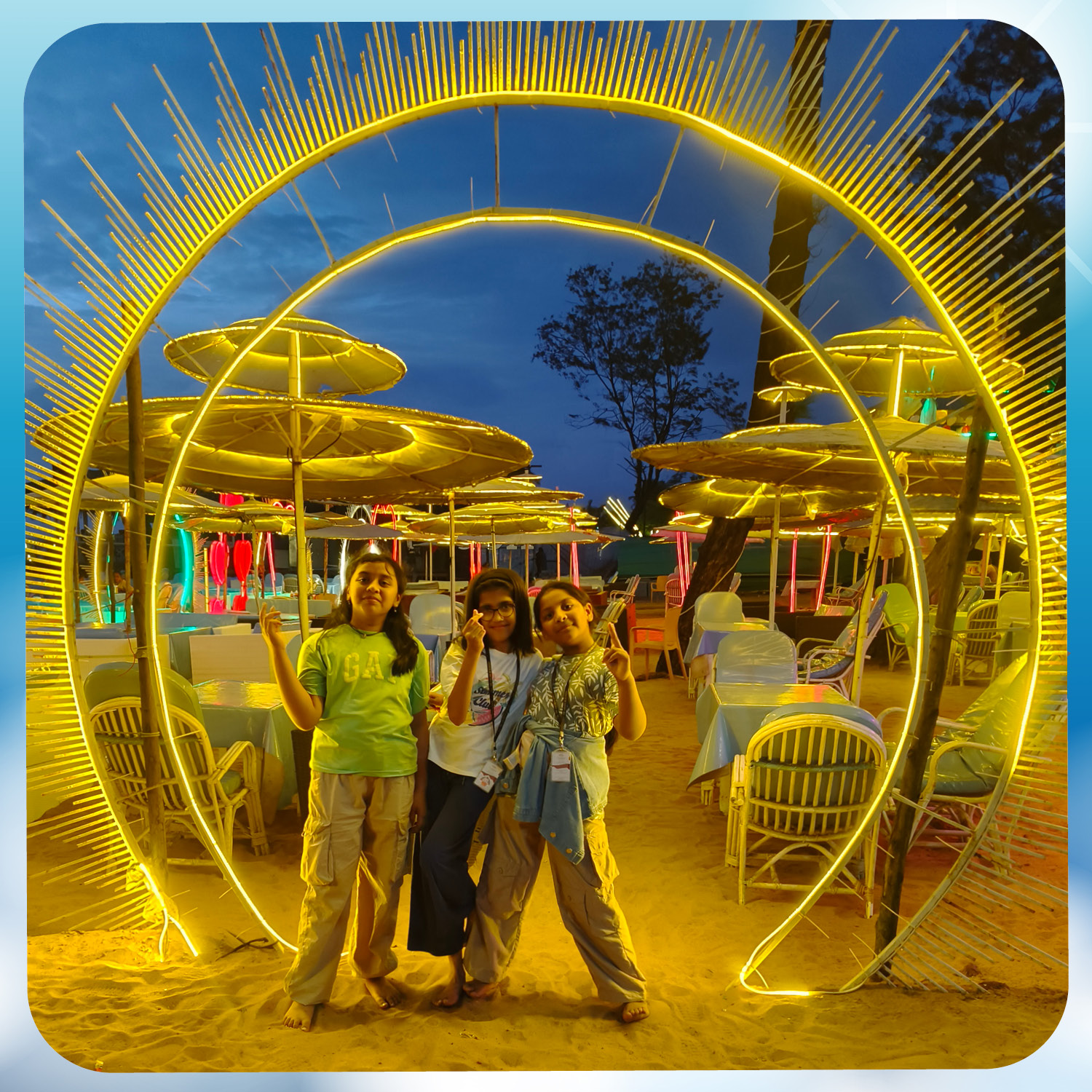
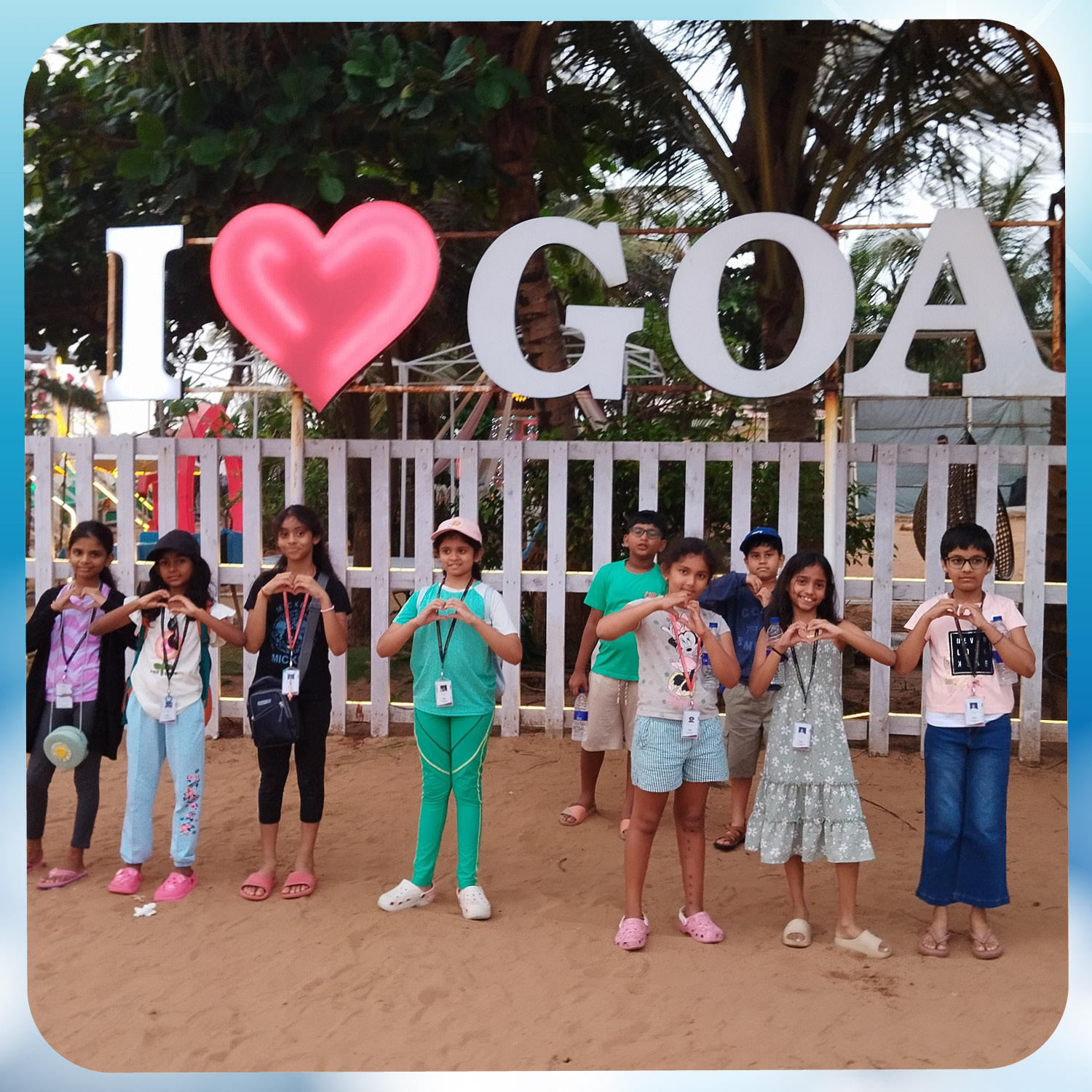
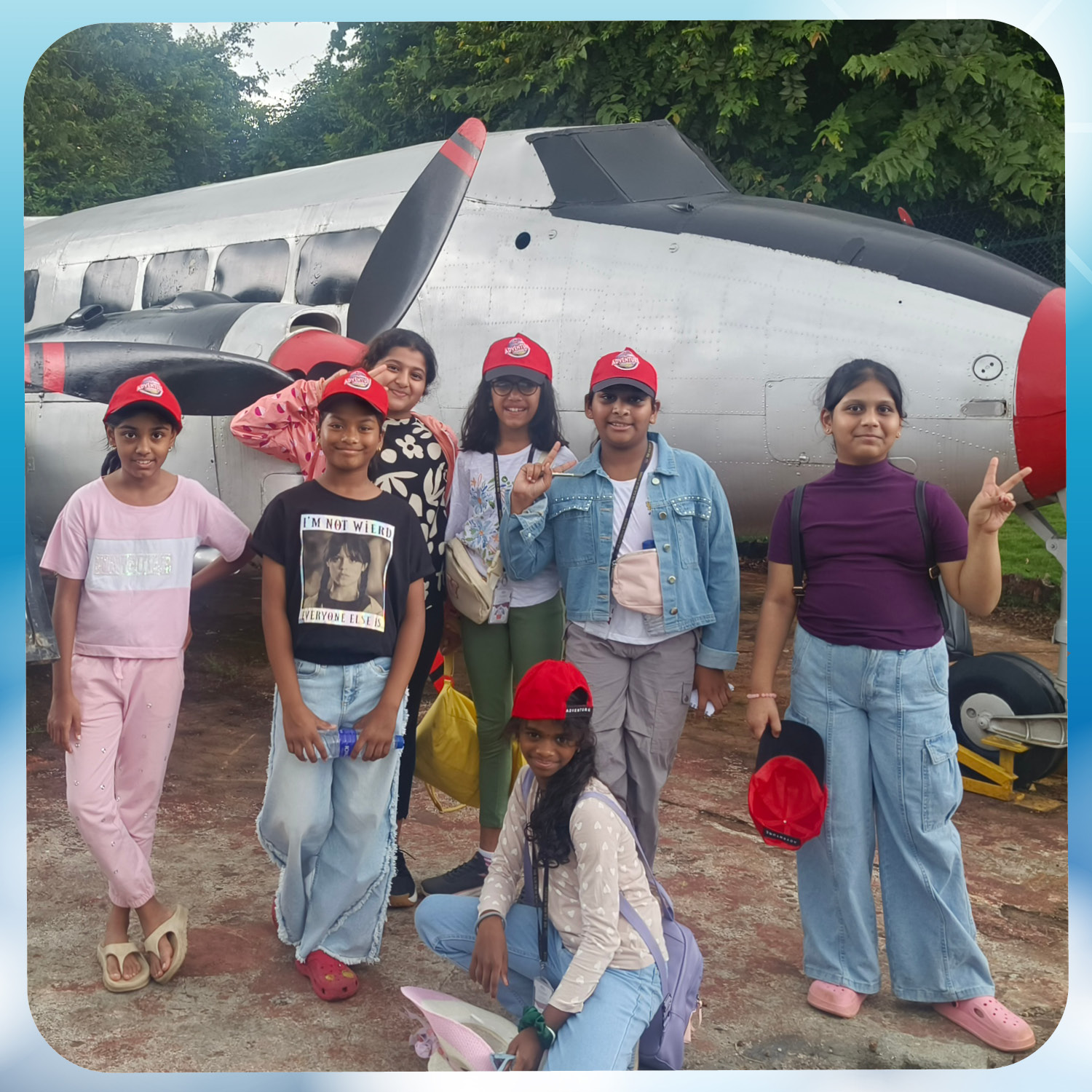
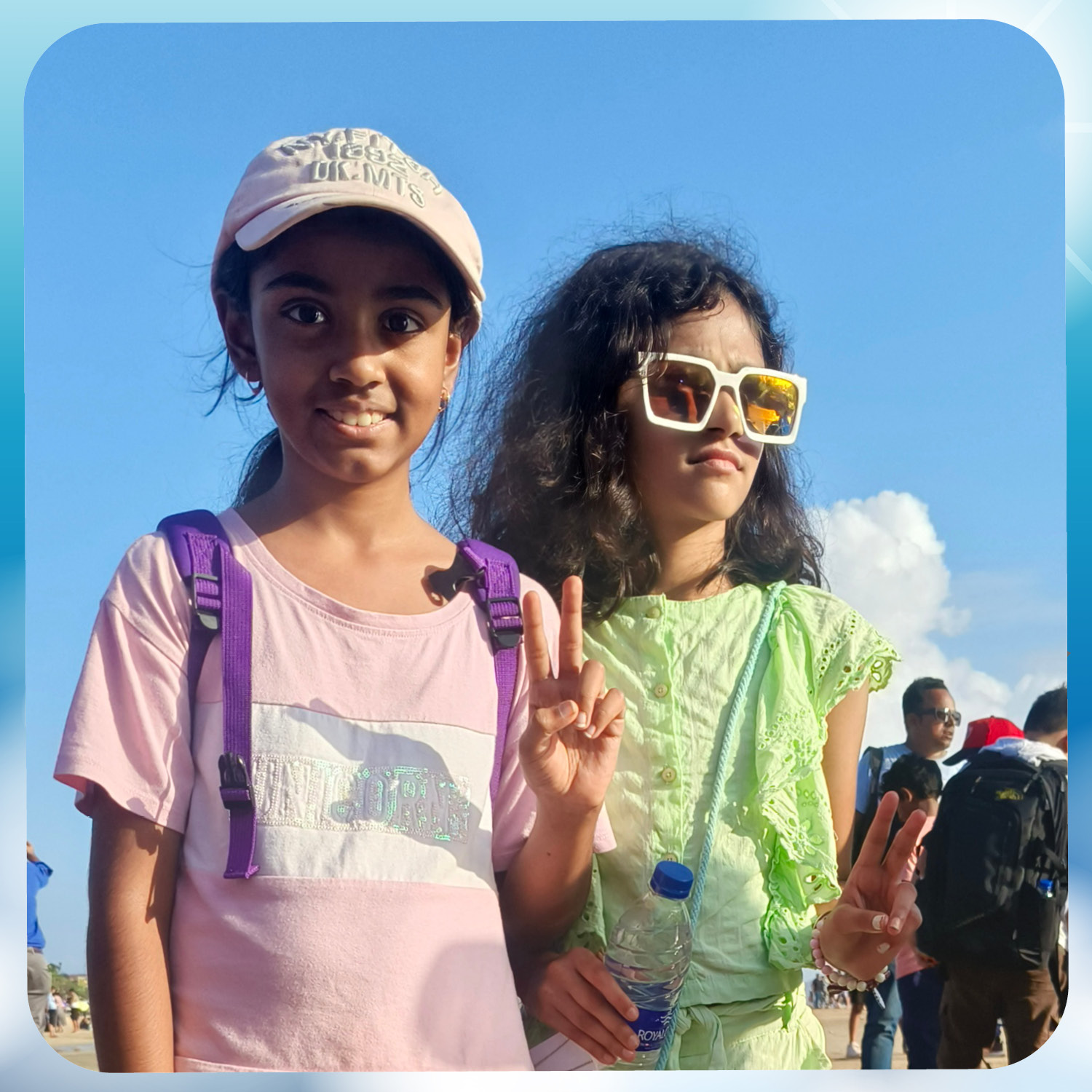
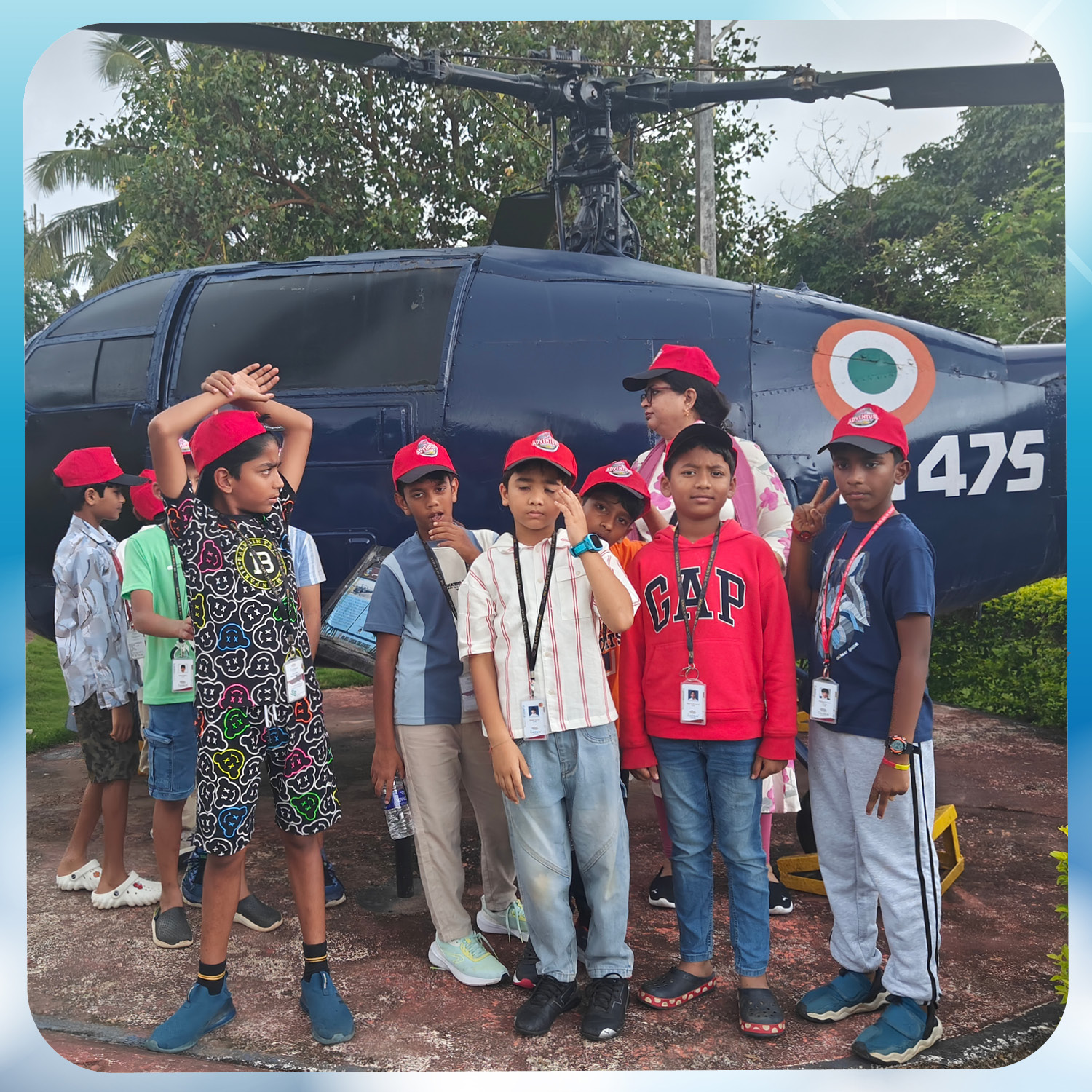
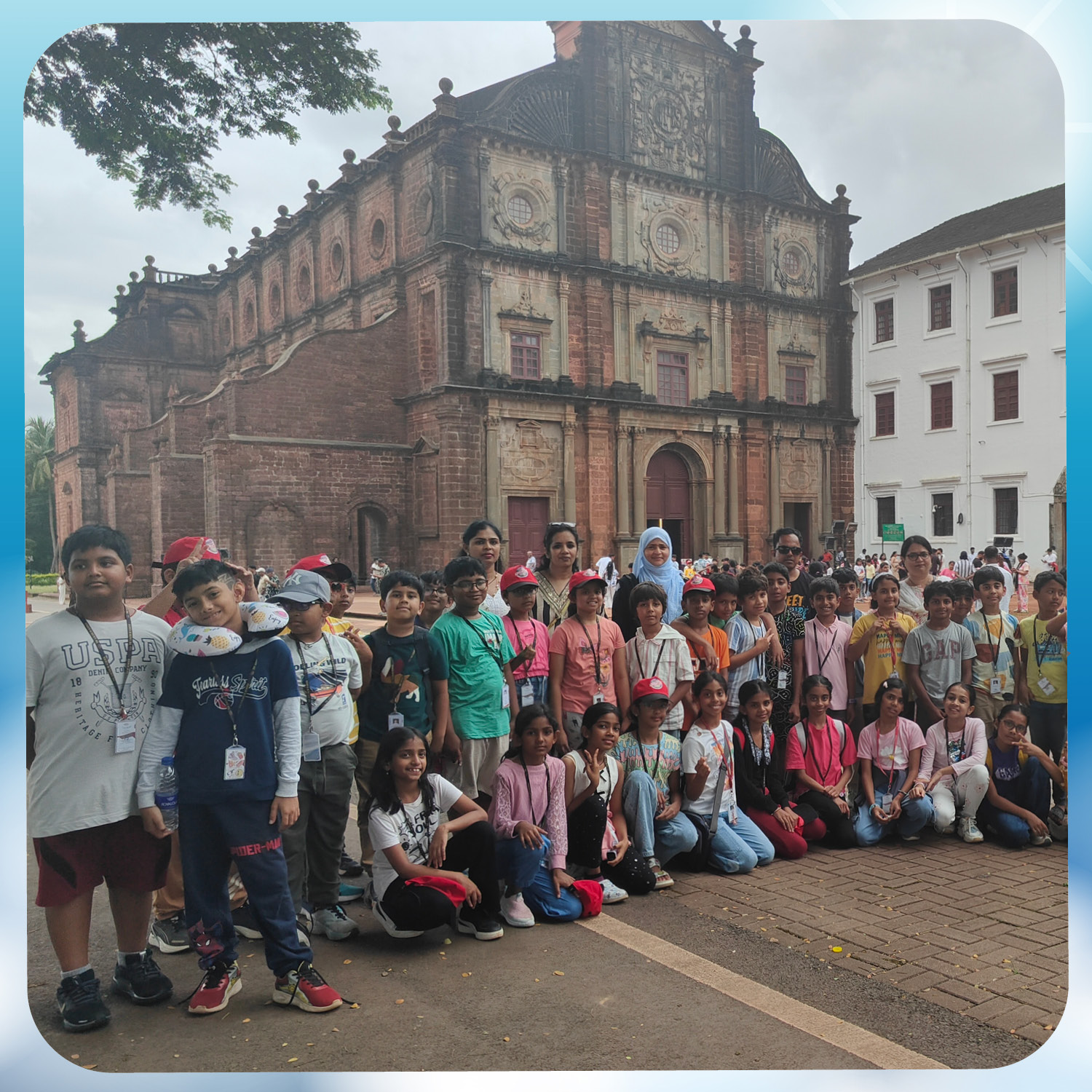
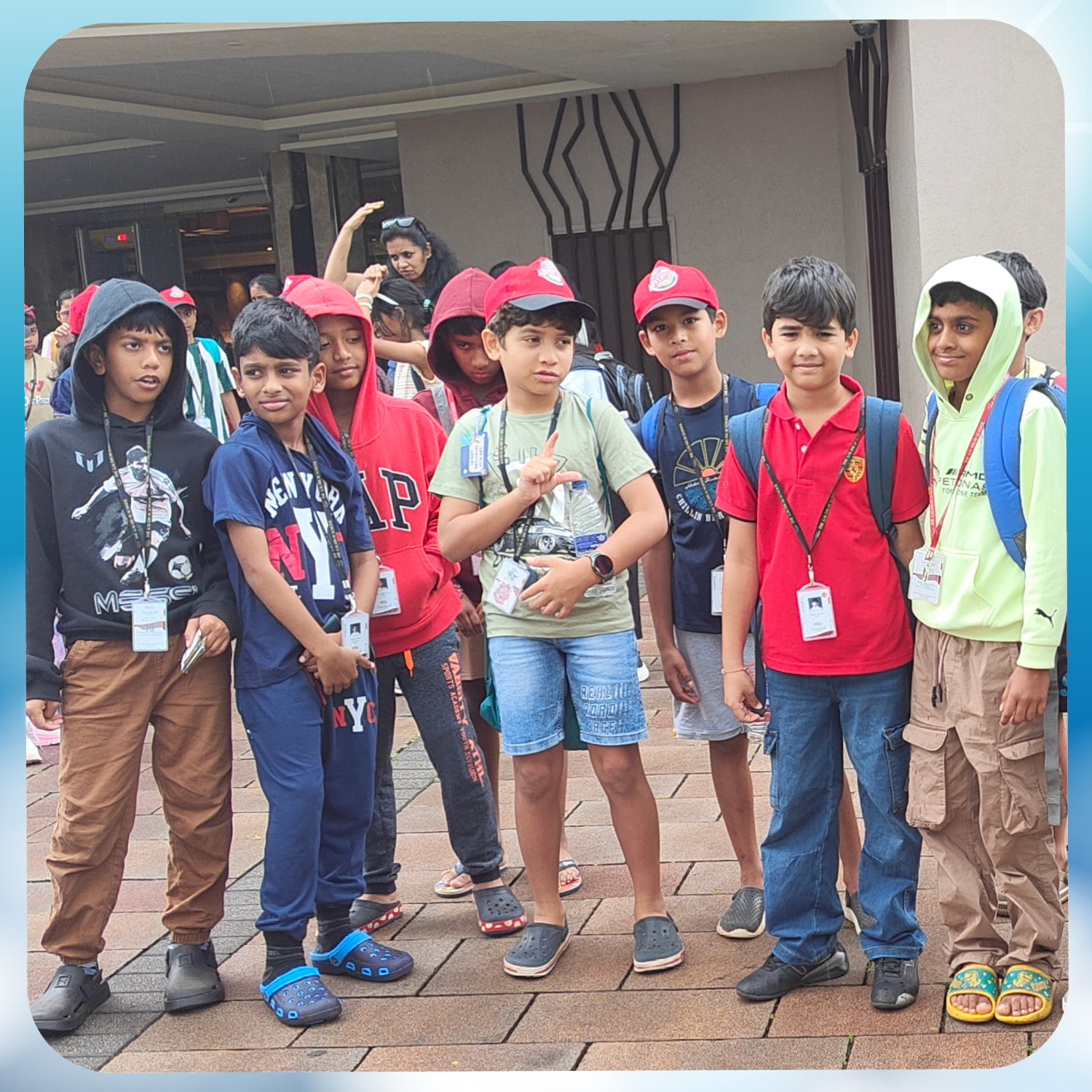
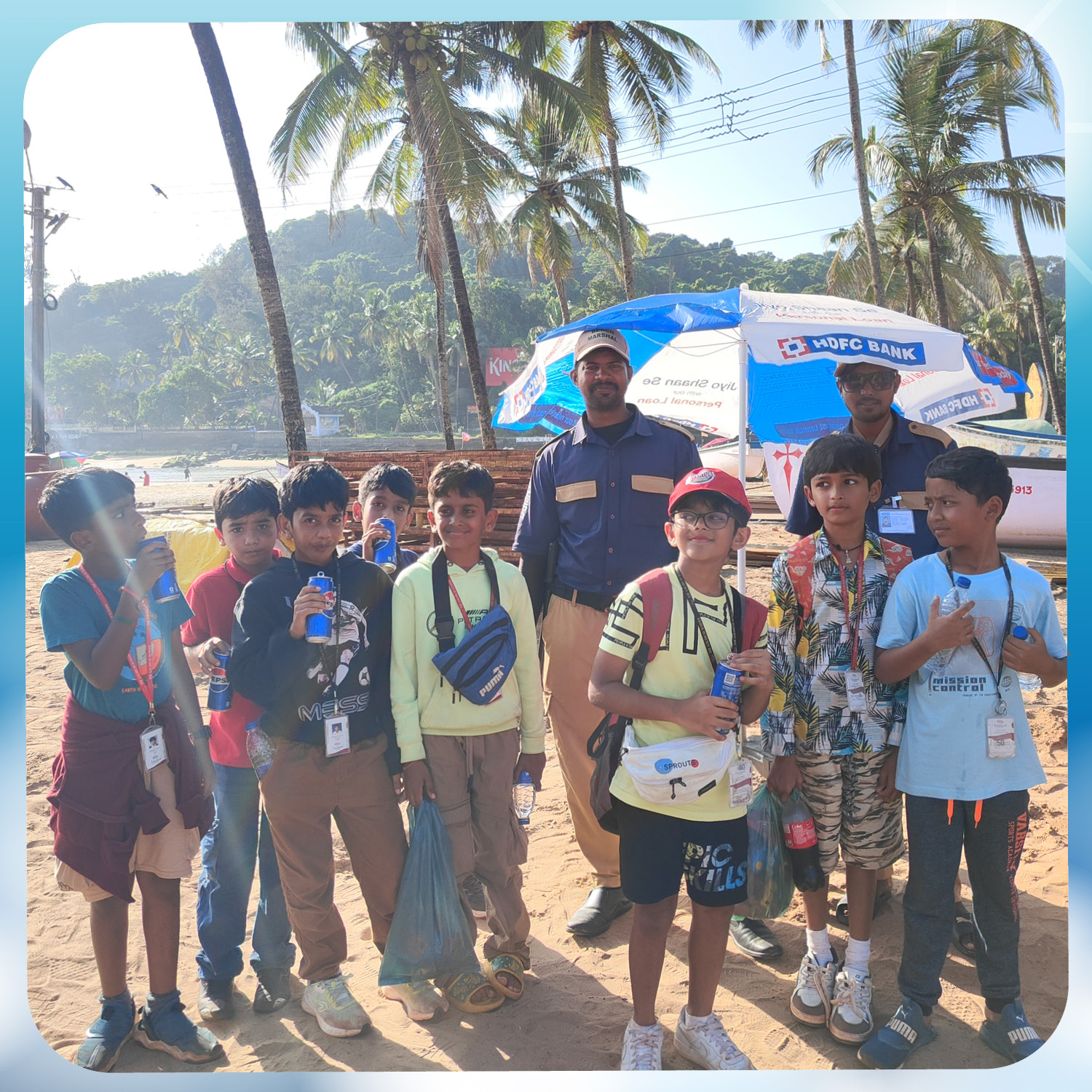
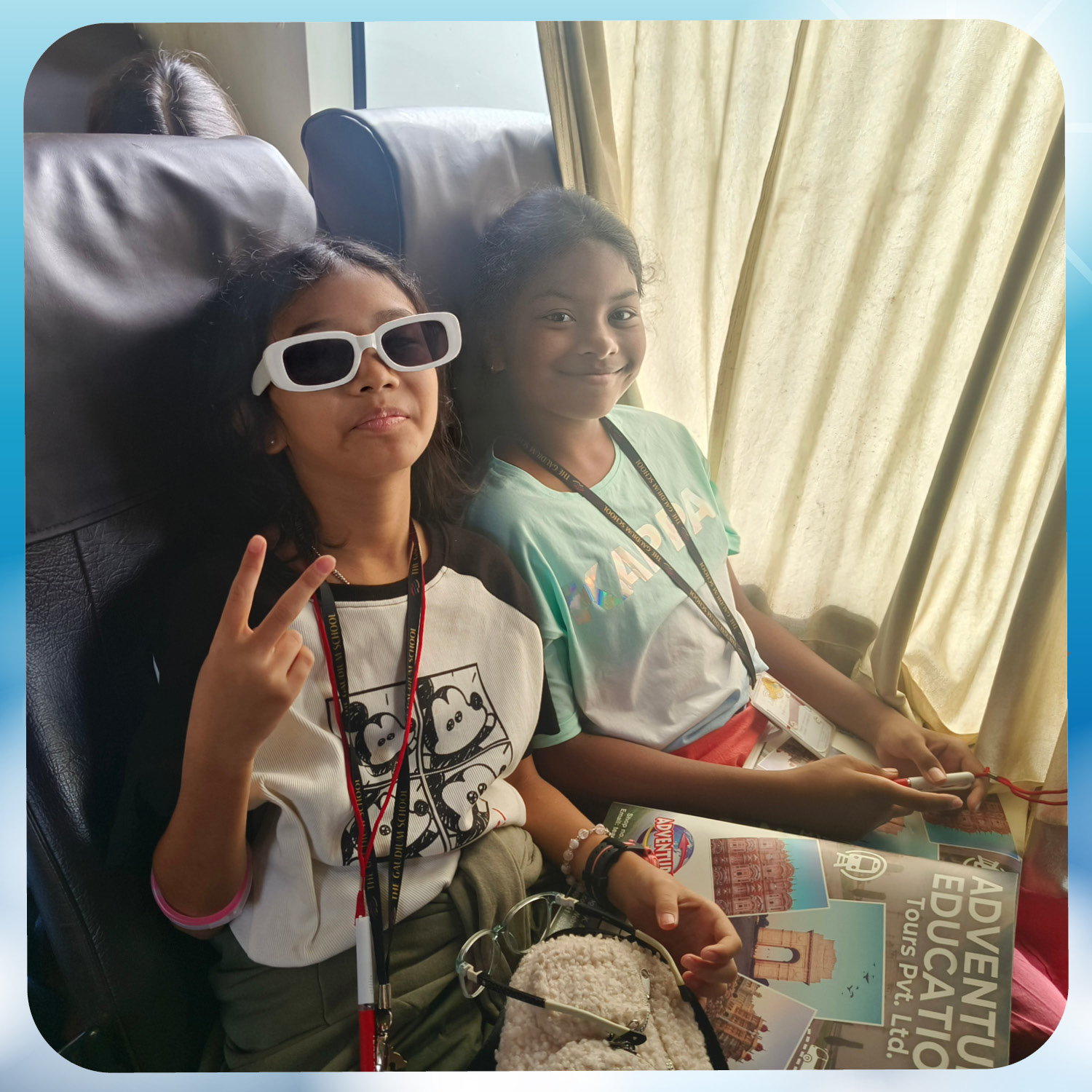
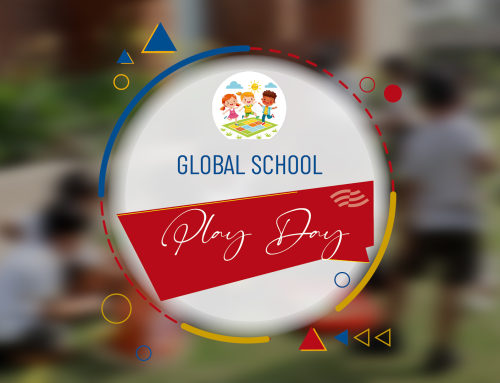
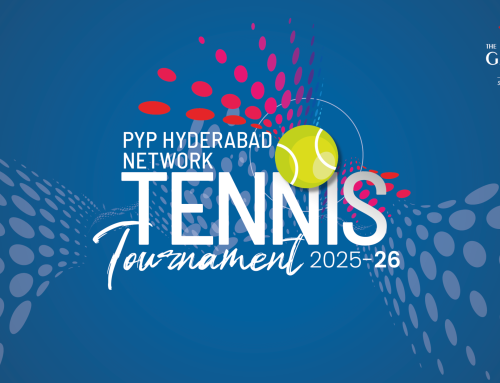
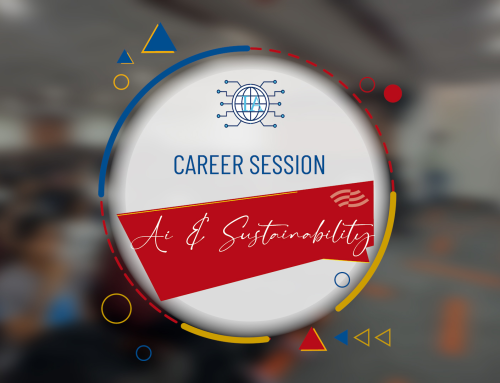
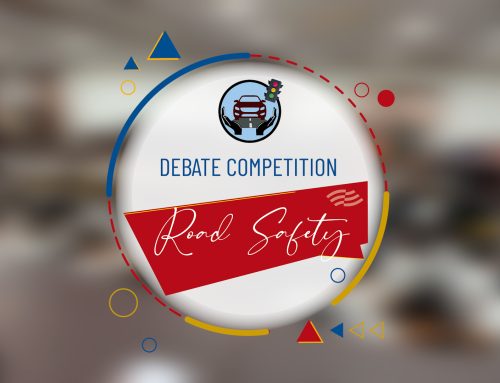
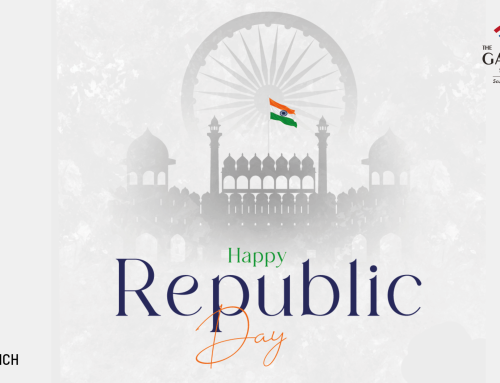
Leave A Comment